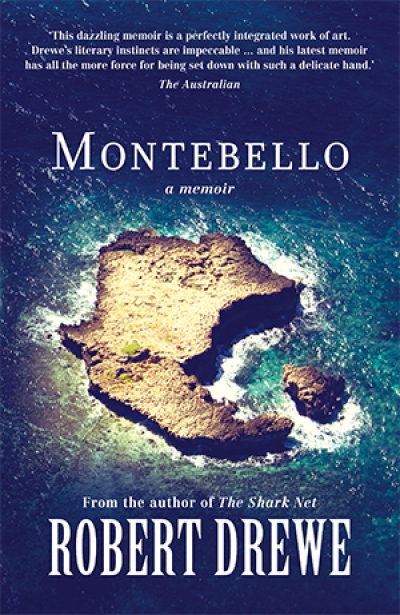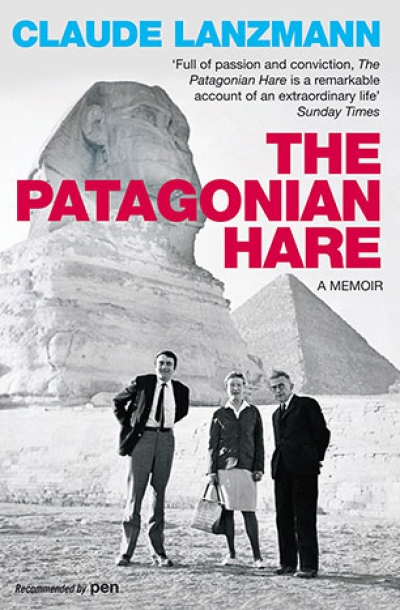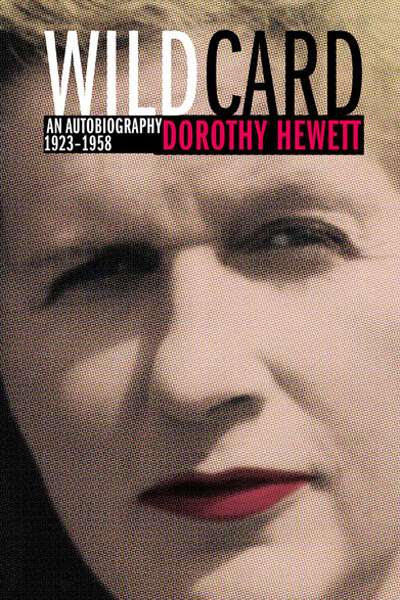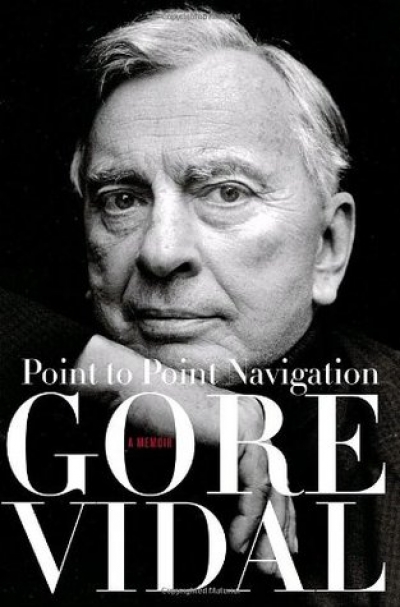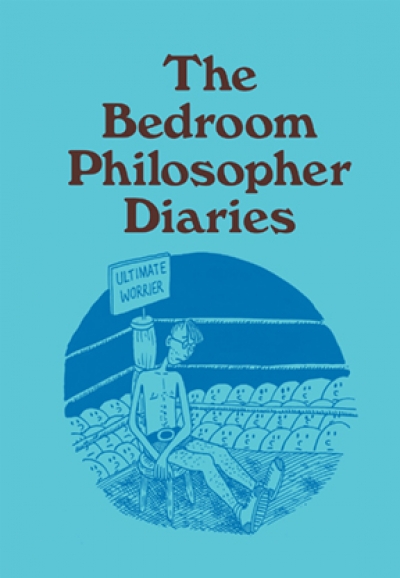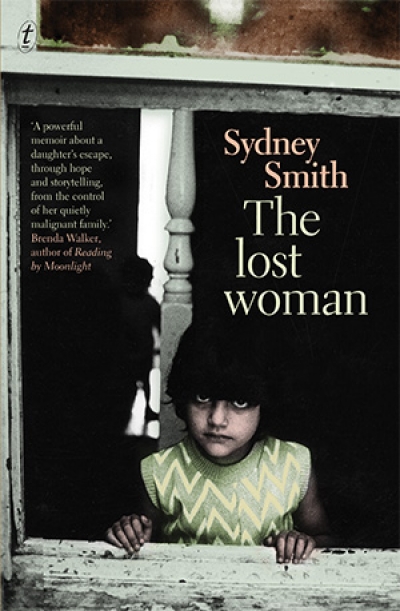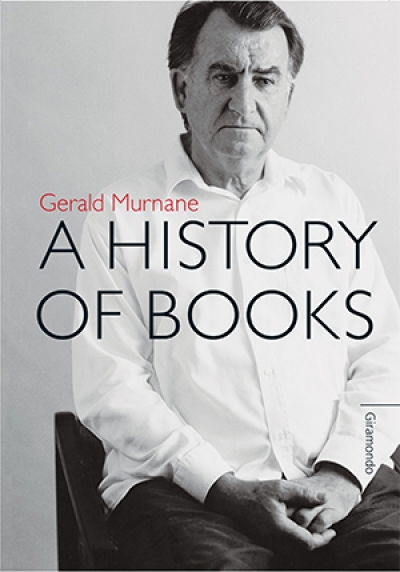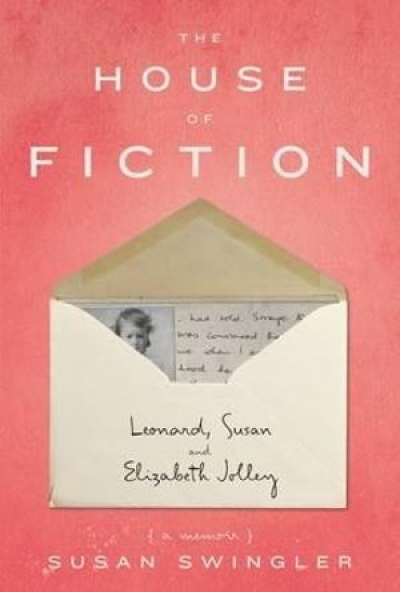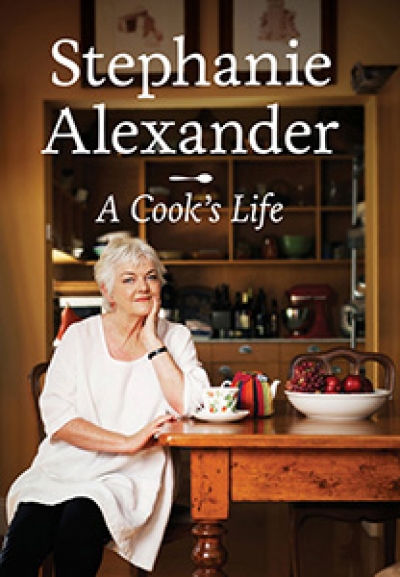Memoir
Wild Card: An Autobiography 1923–1958 by Dorothy Hewett
The House of Fiction: Leonard, Susan and Elizabeth Jolley by Susan Swingler
'Pushing against the dark: Writing about the hidden self' by Robert Dessaix (2011 Seymour Biography Lecture)
If you’re a theatregoer, then somewhere along the line you’re bound to have seen The Government Inspector, Nikolai Gogol’s comedy about a rapacious nobody being mistaken for a government official by the citizens of a nameless provincial backwater. (They too are nobodies, greedy to be somebodies.) You might remember (since it’s a line that will have evoked both your contempt and your compassion) that the fussy fool Pyotr Ivanovych Bobchinsky, a local landowner, who fails to exist to the point of being almost indistinguishable from his companion Pyotr Ivanovych Dobchinsky, says to the government inspector (who isn’t one):
I beg you most humbly, sir, when you’re in St Petersburg, say to all the different bigwigs there – the senators and admirals: You know, in such-and-such a town, your Excellency, or your Eminence, lives Pyotr Ivanovych Bobchinsky. Just say that: lives Pyotr Ivanovych Bobchinsky … And if you’re speaking to the sovereign, then say to the sovereign as well: in such-and-such a town, your Imperial Highness, lives Pyotr Ivanovych Bobchinsky.
... (read more)
